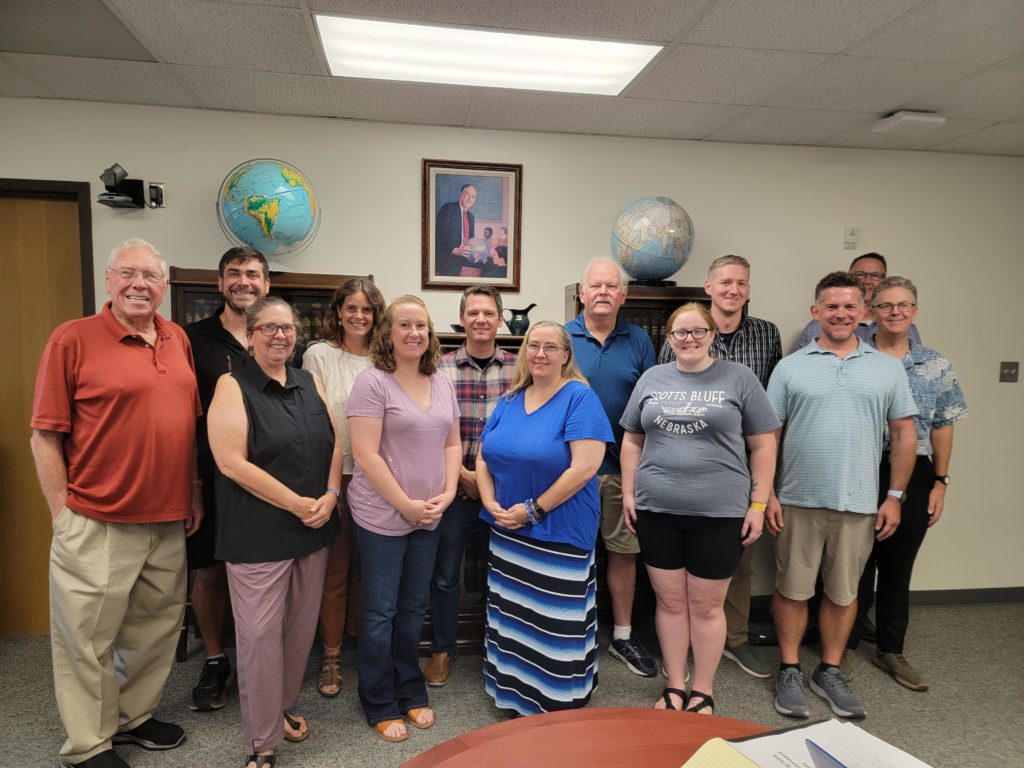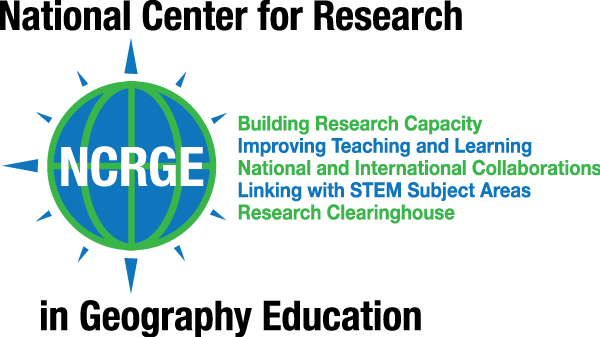State Educator Network Formed to Inspire the Future Geography Intentions of Diverse Youth
Every summer, the AAG’s Geography Faculty Development Alliance hosts a week-long workshop for early career geography faculty. It’s become a tradition to start the program by asking the participants to introduce themselves by sharing their “a-ha!” moment — the point in time when they realized that geography was their calling. Over the years we’ve heard memorable stories about inspirational college professors, study abroad experiences, and other influences during college that led people to discover and choose the geography discipline.
How might we inspire similar “a-ha!” moments earlier in geography education?
In response to a recent call issued by the National Center for Research in Geography Education, an educator network has been organized to support state-based collaborations as part of the Powerful Geography movement. The network currently includes geography teachers and academic geographers in nine states, including those with active Geographic Alliances (organizations that were once funded by the National Geographic Society to support geography education and teacher professional development).
Powerful Geography aims to attract diverse youth of all backgrounds to geography learning opportunities and careers, starting in middle school and continuing through high school and beyond. Members of the Powerful Geography network met at workshops held over two weekends in September 2023 to initiate the creation of geography educational resources that raise awareness and appreciation among learners of the relevance and usefulness of geography for what they aspire to be and do in the future.

The Powerful Geography approach to geography teaching and learning starts by accounting for students’ life and career aspirations. With this perspective of their students, teachers use Powerful Geography resources to engage students in activities and projects inspired by the work and civic engagements of geographers employed in business, government, and nonprofit organizations. These educational experiences are paired with content from the AAG’s Professional Journey website and Guide to Geography Programs to inform students of where they can continue their geography education at community colleges and four-year undergraduate programs.
As we’ve tested the Powerful Geography approach in recent years, students have expressed a wide variety of interests in their future careers. Young people tell us they want to work in careers related to environmental protection, public health, national security, social justice, the arts, among many potential career areas. Others are less certain, yet still express interests in improving their communities and other activities that speak to their sense of altruism. Not only are there geographers who do these things, but they may well come from the same communities and earned their degrees at nearby postsecondary institutions.
That in a nutshell is the message Powerful Geography intends to convey in school classrooms across the country, but this is a task that requires an all-hands-on-deck commitment. Broad-scale coordination and cooperation among geographers, geography educators, and geography organizations is essential for securing a future that ensures all students have an equal opportunity to learn geography and use what they learn to make a difference for themselves, their communities, and the planet.
In addition to supporting efforts by teachers, the National Center seeks to leverage the Powerful Geography network in ways that communicate the importance of geography education to key stakeholders including parents, guidance counselors, school leaders, and state education officials. Geography’s increasingly precarious status in school curriculum is evident in the reduction of geography requirements for high school graduation and the replacement of geography courses with other subjects. This, in turn, harbors worrisome implications for the future of the academic discipline, which already suffers from perennial concerns about student enrollments and majors and the underrepresentation of women, minorities, and persons with disabilities. Turning this around will not be easy, yet imagine what is possible when “a-ha!” moments begin to occur in middle school and high school geography classes across the country.
Grant applications are currently being developed to secure the funding necessary to build and sustain long-term, bottom-up reforms aimed at strengthening the alignment of geography curriculum with the interests of students and the social, economic, and environmental needs of states and local communities. Readers who wish to learn more and get involved are encouraged to email the National Center and include “Powerful Geography network” in the subject line.
About the National Center for Research in Geography Education
The National Center for Research in Geography Education (NCRGE) is a research consortium with headquarters at the American Association of Geographers and Texas State University. Funded by grants from the National Science Foundation, private foundations, and other agencies, the Center works to build capacity for transformative research in geography education.

Leave a Reply